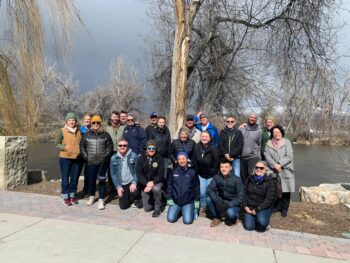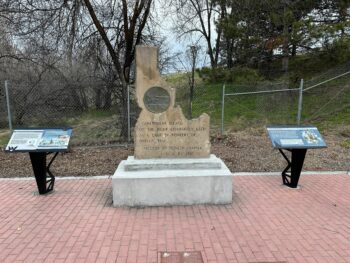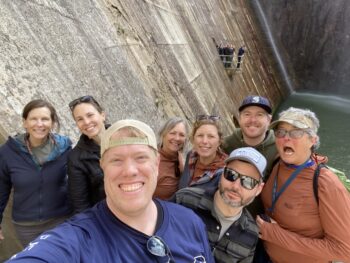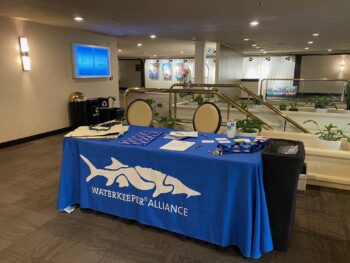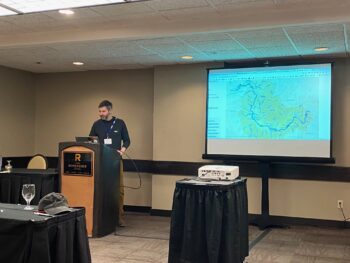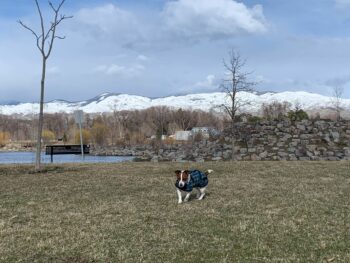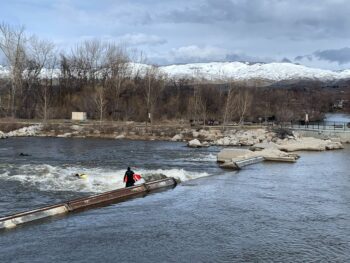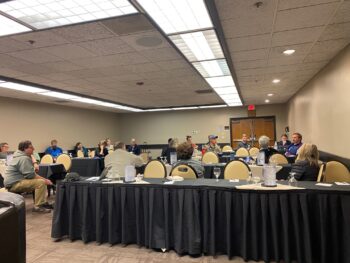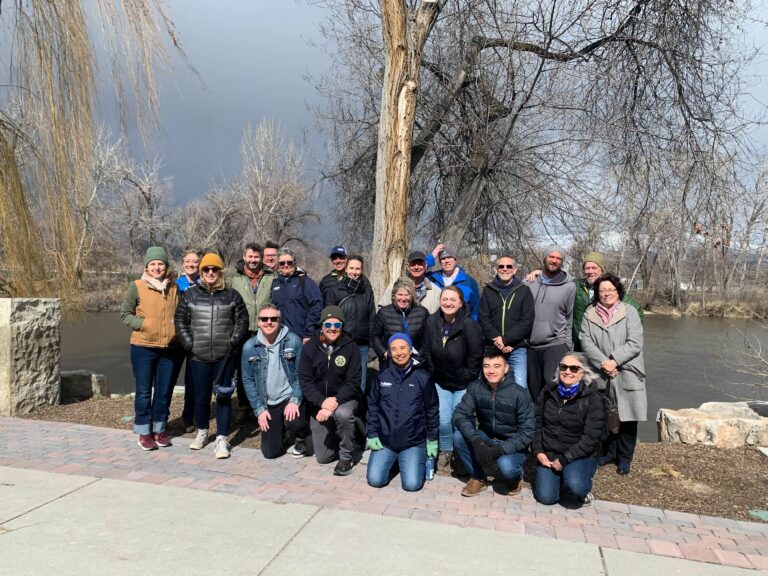
Waterkeeper groups from the Pacific region (Western U.S.) enthusiastically gathered in Boise, Idaho April 3-6 for the 2023 Region Summit. In total, 22 attendees representing 15 of the region’s 42 Waterkeeper groups (plus a handful of guest attendees and Waterkeeper Alliance staff) took time away from their busy duties in their home watersheds to learn from one another and an impressive roster of guest speakers as well as bond over similarities in challenges and approaches to protecting the world’s waterways.
“Building relationships is the foundation of a successful organization. Summits are required for networking, receiving support for difficult environmental work, and mobilizing important environmental issues like climate change,” said Alamosa Riverkeeper Cindy Medina.
The Waterkeeper groups in attendance, from the western states of Alaska, California, Colorado, Idaho, Montana, Oregon, Utah and Washington were exposed to 15 different training sessions covering: Tribal Leadership on Climate Issues, Water Quality Monitoring: Community Science, Water Quality Monitoring: Communicating Science, JEDI, Funding Equity, WOTUS and New Enforcement Framework, Tackling Emerging Issues (PFAS, 6PPD, Climate, etc), Esri ArcGIS Mapping, Accessing Federal Funds to Support Climate Resiliency Efforts in the West, Hydropower Reform, The 6 Practices of High Impact Nonprofits and Prioritizing Clean Water Protection Through Regulatory Mechanisms.
After an impressive opening setting of place by host Waterkeeper Buck Ryan, Snake River Waterkeeper and attendees shaking off the cobwebs of attending in-person gatherings, for the first time since the pandemic for many, things really got started on an inspiring and emotional note Tuesday morning with guest speakers Dr. Laura Laumatia from the Coeur d’Alene Tribe, Stefanie Krantz from the Nez Perce Tribe and Dr. Katherine Himes from McClure Public Policy Center. Dr. Himes introduced the Idaho Climate-Economy Impacts Assessment with attendees, focusing mostly on the water sections, and then Dr. Laura Laumatia and Stefanie Krantz shared incredible stories about how their respective tribes (Coeur d’Alene Tribe and Nez Perce Tribe) are taking a lead in Idaho and nationally, on on-the-ground climate mitigation and adaptation projects and talked to Waterkeeper groups on how they can and should get involved with tribes in their respective communities.
A fair amount of the sessions were led by Waterkeeper groups themselves, allowing a special peer-to-peer sharing of best practices, case studies and advice and perspective on how to accomplish the unique goal of being a Waterkeeper.
“As a newer Waterkeeper, learning more about Waterkeeper Alliance and Clean Water Act processes and experiences is valuable. By hearing ‘case studies’ of all kinds I get an idea of how successful Waterkeepers handle these various issues and challenges we are all working on. I am not an attorney, so getting into the legal mindset and learning from people who have a lot of diverse experience is useful for me,” said Rogue Riverkeeper Frances Oyung.
Other guest presenters who left Waterkeeper groups with a lot to process and take home to use in their own watersheds included Waterkeeper Alliance friends and partners Larry Epstein from the Puget Sound Partnership, Nic Nelson from Idaho Rivers United, Will Tiedemann from the Idaho Conservation League and representatives from the Idaho Nonprofit Center.
Though we weren’t treated to the best spring weather in Boise, we did get outside, as Waterkeeper groups always should. Having the conference set on a greenway along the banks of the Boise River aided in that, but we also planned two half-day field trips that included clean-up options. Some attendees stayed closer to the hotel and performed a clean-up along the banks of the Boise River while others drove 70 miles into Oregon to the Owhyee River which included a cleanup of a popular river recreation site along the Owhyee River, a walk and tour of the Owhyee Dam and a driving tour of agricultural impacts to the Snake River watershed.
On the whole, the Pacific Summit accomplished what it set out to do, which was to engage, inspire and train Waterkeeper groups in the western U.S. to help build a fortified movement of clean water advocates fighting the most important fights of our times.
“As Waterkeepers, we rightfully get consumed with relationships and challenges in our home watersheds,” said Tualatin Riverkeepers Executive Director Glenn Fee. The Summit is the perfect opportunity to pull away from that work briefly, learn some best practices from colleagues around the region, and become re-energized knowing that we’re all working together on a broader goal.”
